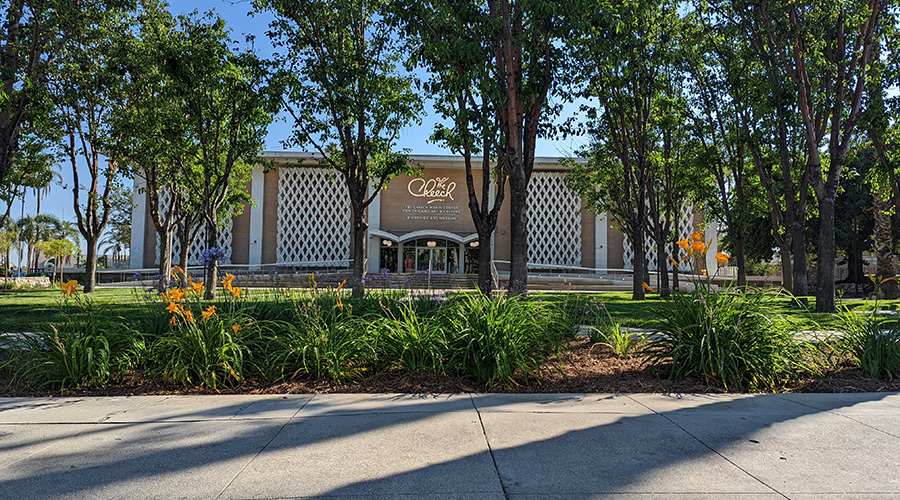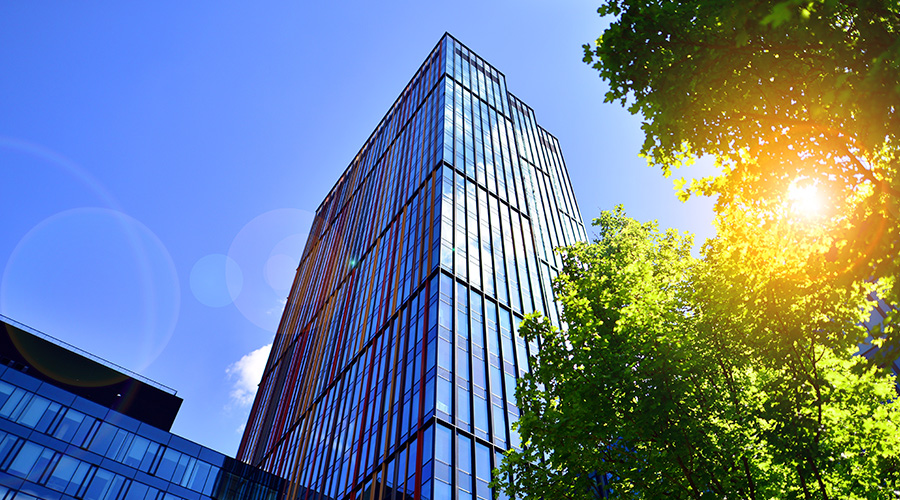AIA Report Estimates Up to 270,000 Construction Industry Jobs Could be Created if American Clean Energy Security Act is Passed
As many as 270,000 jobs could be created or saved if the building-related provisions in the American Clean Energy Security Act (H.R. 2454) becomes law, according to a recent study conducted by the American Institute of Architects (AIA).
As many as 270,000 jobs could be created or saved if the building-related provisions in the American Clean Energy Security Act (H.R. 2454) becomes law, according to a recent study conducted by the American Institute of Architects (AIA).
The study’s goal was to determine how many jobs in the design and construction industry could be created if H.R. 2454 is enacted. The study analyzes two provisions included in the House-passed Act, the State Energy and Environment Development (SEED) program and the Green Resources for Energy Efficient Neighborhoods (GREEN) program.
The job creation potential per dollar invested in energy efficient building design, construction and renovations – combined with the potential for energy savings from building efficiency measures – suggests that the inclusion of significant building-related provisions in the final energy and climate bill will help policymakers achieve the goals of sustainability and economic development, according to the study.
Provisions in the SEED Program would authorize the use of cap-and-trade allowances to be used for the energy efficient design, construction and/or renovation of buildings:
- Retrofit for Energy and Environmental Performance (REEP) program. Facilitates the retrofitting of existing buildings to achieve maximum cost-effective, energy-efficiency improvements and significant improvements in water use and other environmental attributes.
- Low-Income Community Energy Efficiency program. Allows funds to be used by private, nonprofit, mission-driven community development organizations to provide financing to businesses and projects that improve energy efficiency; identify and develop alternative, renewable, and distributed energy supplies; provide technical assistance and promote job and business opportunities for low-income residents; and increase energy conservation in low income rural and urban communities.
Provisions in GREEN program would provide authorized funding for the energy efficient design, construction and/or retrofit of buildings:
- Sustainable Low-Income Community Grant Program. Authorizes the Secretary of Housing and Urban Development to make grants to nonprofit organizations to use for a number of activities, including training, supporting, and providing financing to eligible community development organizations and qualified youth service and conservation corps in improving energy efficiency.
- Residential Energy Efficiency Block Grant Program. Establishes a residential energy efficiency block grant program to distribute grants for activities that improve the energy-efficiency of single-family or multi-family housing the housing.
Related Topics:











